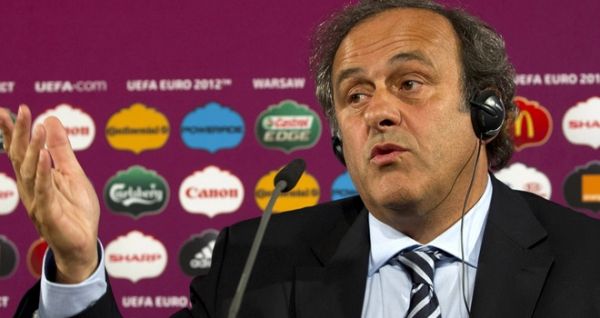Rome and Milan both have a fair chance of being selected to host the final of the Euro 2020 football tournament according to the head of the Italian football federation (FIGC) Giancarlo Abete.
Abete made his comments as UEFA, Europe's governing football body, prepares to draw up plans for the 2020 edition of the pan-European competition, when it will celebrate its 60th anniversary. UEFA recently revealed that the 2020 tournament will involve a radical one-off departure from the usual format – which normally involves either one or two European countries hosting the event – with the tournament being staged in up to 13 cities across the continent instead.
Abete said that Rome and Milan were capable of hosting the Euro 2020 final, citing the fact that the 2009 Champions League final between Manchester United and Barcelona was held in Rome, as well as the likelihood that another Champions League final could soon be held in Milan. Rome's Stadio Olimpico has a capacity of around 72,000 while Milan's S. Siro can currently hold 80,000 supporters.
Rome will be keen to improve its reputation after British newspaper The Times branded the Italian capital "the most dangerous city in Europe" for visiting football fans, following the recent attack against Tottenham Hotspur supporters in Campo de' Fiori.
London's Wembley Stadium has emerged as an early favourite to host the final, while Scotland, Wales and the Republic of Ireland could potentially host group stage games in the 24-team tournament.
Prior to the announcement of the 13-city plan – described as “zany” by the man behind it, UEFA president Michel Platini – Turkey had put itself forward as a host country, alongside neighbouring Georgia and Azerbaijan. However when Turkey applied to host the summer Olympics the same year – a bid it is seen as being likely to win – its chances of hosting the Euro 2020 fell by the wayside.
So far the multi-venue plan has not gone down well with football fans, many of whom fear they will have to travel long distances around Europe to attend matches – a claim denied by UEFA – but potential sponsors of the sporting event are receptive to the idea of increased exposure.
The year-long bidding process for the host cities begins in March, with UEFA making its final decision in the spring of 2014.






















